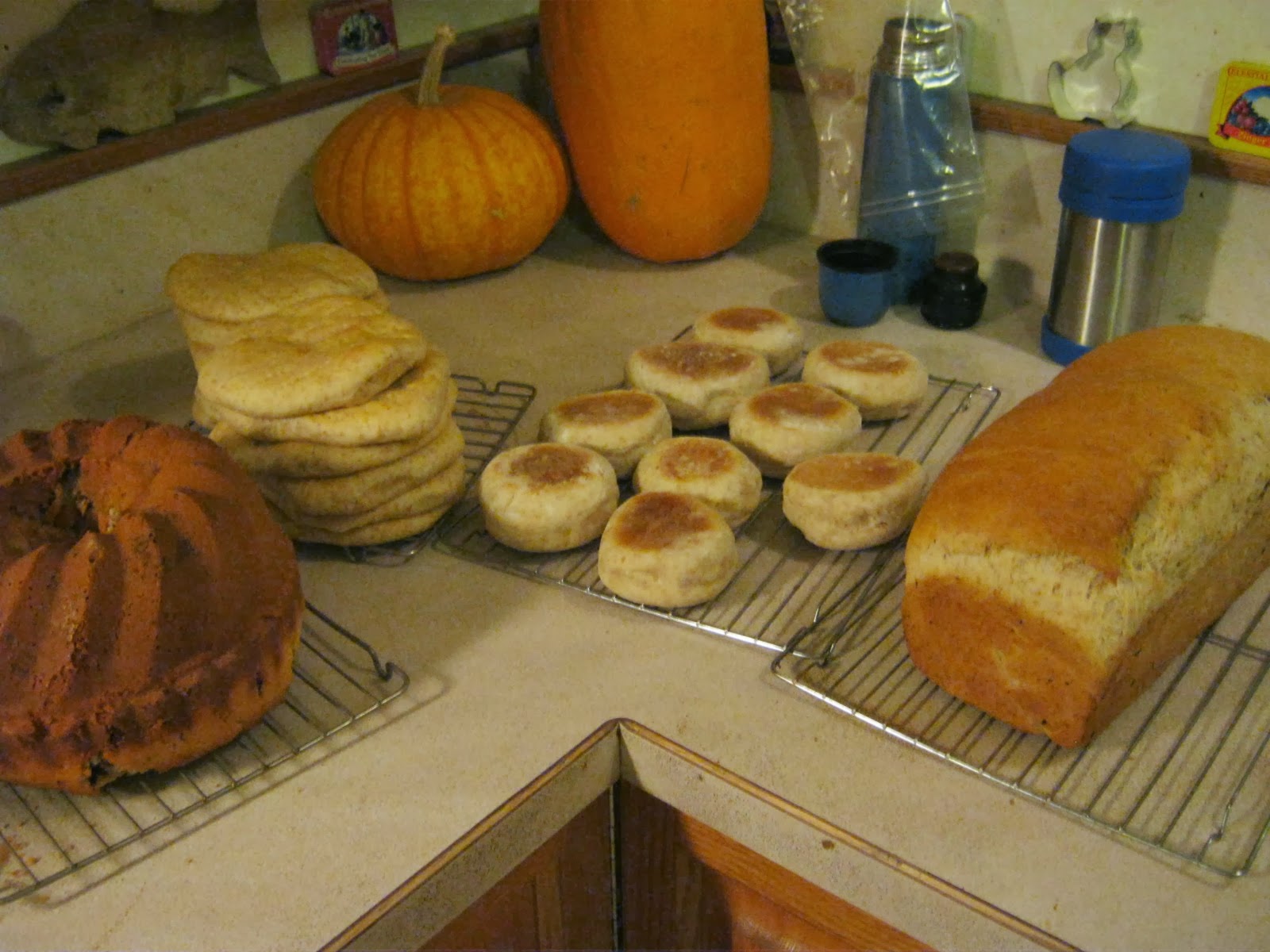 |
| image from wikipedia.org |
So a nice re-read of a favourite book is a good choice for a bedtime story. And Jane of Lantern Hill is my most favourite of L. M. Montgomery's - well, Jane, and The Blue Castle. Oh, I love Anne of Green Gables, of course - who doesn't? - and Emily of New Moon is great, and so is The Story Girl and Kilmeny of the Orchard and so on and so forth. Montgomery was just good, that's all there's to it. But Jane and Blue Castle top them all, for me.
And it occurred to me this morning that that might just be because, underneath it all, they're really the same story. Even though Jane is eleven, and Valancy twenty-nine, they're very much alike - particularly in their situation at the beginning of the book. Both of them are capable people who are utterly unappreciated by their bullying families (particularly the mother in Valancy's case, the grandmother in Jane's). Through a circumstance they are snapped out of their downtrodden existence, they leave their repressive home and find a new family where they are appreciated, and a man to love. And that's the thing that struck me so forcibly today: those men, they're just the same person, and they're the reason I love these stories so much. I'm talking about Jane's dad, Andrew Stuart, and Valancy's husband, Barney Snaith. Both are successful writers, both are slightly (or, in Barney's case, very) bohemian, and both have just the same way of talking, the same sense of humour.
My guess is that Montgomery wrote herself a dream man - kind, witty, sensitive, handsome, a good provider, in need of a loving capable woman to mend his socks and make him shave every morning - wrote him twice, in fact, and Jane and Valancy, who are so very easy to identify with, get to be that woman who loves him and cares for him and is loved and cared for in return. Of course, in Jane's case it's her dearly beloved mother who is dad's wife, but it's Jane who is the caretaker of the family. She is the one who rescues her childlike mummy from grandmother's clutches, and she gives her prince (aka dad) back his most precious treasure (his wife); at the end of the story Jane is left with the bliss of taking care of both her parents at once. Jane takes the decisions in her own hands, makes things happen for the people she loves. And so does Valancy. Also, the pattern of their relationships is similar: both of them love their man from afar while they're still in captivity - Valancy harbours a secret crush on Barney just from having seen him drive through town, and Jane cuts out dad's picture from his byline in the paper, not knowing he's her father, because she finds the face so attractive - and once they're sprung free, they let their love have full reign.
 |
| image from wikipedia.org |
Life, the Universe, Jane and Valancy. Always worth re-reading.







